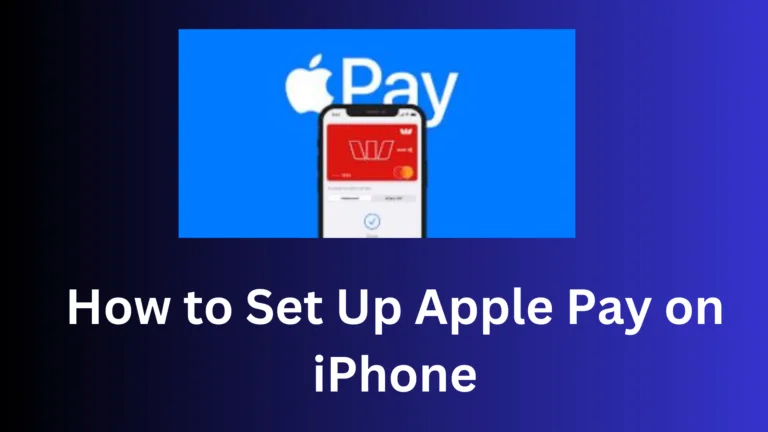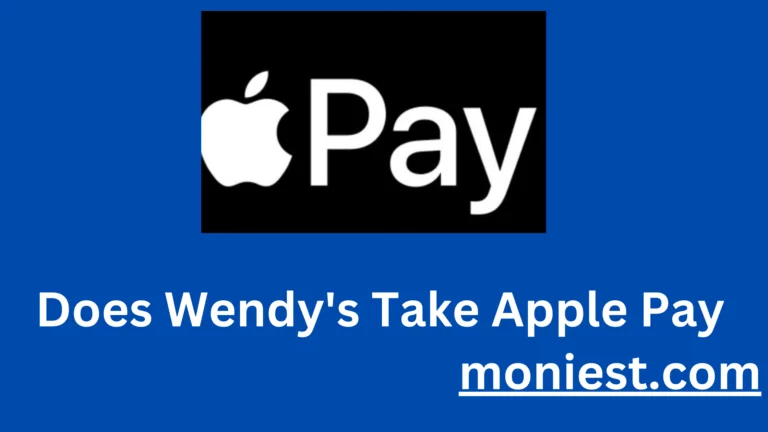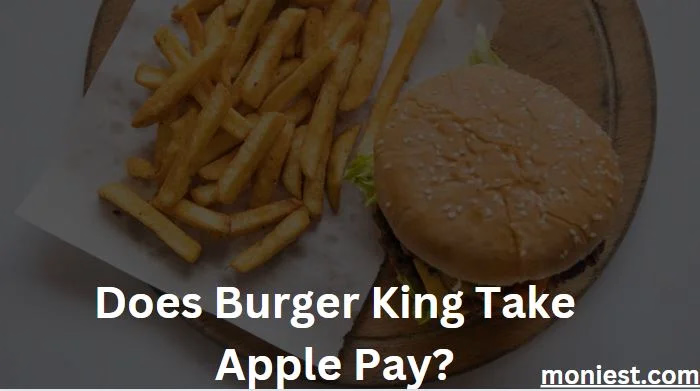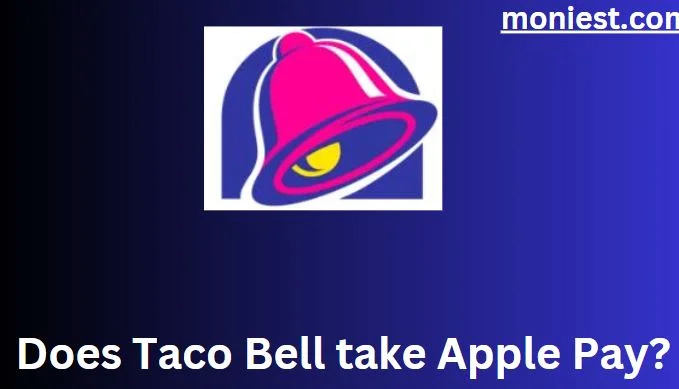10 Common Cash App Scams to Know and How to Avoid Them
Are you using Cash App to simplify your financial transactions? While it’s a handy tool, it’s also a breeding ground for scams that could leave you empty-handed and frustrated.
In this article, we’ll uncover the top 10 common Cash App scams you need to be aware of and, more importantly, equip you with the knowledge to avoid them. Don’t fall victim to these schemes – join us as we reveal the secrets to keeping your hard-earned money safe in the digital age.
How to Tell if Someone is Scamming You on the Cash App
Like any other online platform, Cash App is not immune to scams. Scammers are always coming up with new ways to trick people into sending them money on Cash App. Here are some tips on how to tell if someone is scamming you on Cash App:
- They ask for money upfront: Cash App is a peer-to-peer payment service, meaning you should only send money to people you know and trust. If someone asks you for money upfront, it is likely a scam.
- They promise to return your money with a profit: It is a scam if someone promises to return your money with a profit. There is no guaranteed way to make money on Cash App, and anyone who promises you otherwise is trying to trick you.
- They ask for your personal information: Cash App should never ask for personal information such as your Social Security or bank account number. If someone is asking for this information, it is a scam.
- They use high-pressure tactics: Scammers often use high-pressure tactics to get you to send them money. They may tell you that you need to act quickly or that you will miss out on a great opportunity. It is likely a scam if someone is pressuring you to send them money.
What to do if a Random Person Sends You Money on Cash App?
If a random person sends you money on Cash App, being cautious is important. It’s possible that the person sent you the money by mistake, but it’s also possible that they are trying to scam you.
Here are some things you can do:
- Don’t spend the money: It’s best to wait a few days to see if someone contacts you to claim the money. If they don’t get you, you can refund the money to them.
- Contact the person: If you know how to contact the person, you can reach out to them and ask them why they sent you the money. If they say they sent it by mistake, you can arrange to refund the money to them.
- Report the transaction to Cash App: You can report the transaction to Cash App through the app or by contacting customer support. Cash App will investigate the transaction and may be able to help you recover the money if you’ve been scammed.
10 Common Cash App Scams to know and How to Avoid Them
Here are 10 common Cash App scams to know and how to avoid them:
1. Cash flipping
Cash flipping is a scam where an individual promises to double your money if you send them money on Cash App. This is a scam because you cannot double your money overnight. If you send money to a cash flipper, you will lose your money.
2. Fake Cash App support
Scammers often impersonate Cash App support to steal your personal information or money. They may reach you via email, phone, or social media. If you are contacted by someone claiming to be from Cash App support, verify their identity before giving them any information. You can do this by asking them for their name and employee ID number and then contacting Cash App to verify their identity.
3. Fake Cash App websites
Scammers often create fake Cash App websites that look like the real ones. These websites are designed to steal your personal information or money. If you are unsure whether or not a Cash App website is legitimate, be sure to check the URL carefully.
4. Accidental payment scam
Someone will send you money on Cash App and then claim it was an accident. They will then ask you to send the money back to them. This is a scam because once you send the money back to them, you will not be able to get it back.
5. Investment scams
Scammers will often promise you high returns on your investment if you invest in a particular stock or cryptocurrency. This is a scam because there is no guaranteed investment. If you invest in a stock or cryptocurrency that a scammer promotes, you will likely lose your money.
6. Pet sale scams
Scammers will often post ads for pets on Cash App. They will then ask you to send them money to reserve the pet. They will disappear with your money once you send them the money, and you will never receive the pet.
7. Rental Scams
Scammers will often post ads for apartments or houses on Cash App. They will then ask you to send them a deposit to reserve the rental property. Once you send them the deposit, they will disappear with your money, and you will never be able to move into the rental property.
8. Gift Card Scams
Scammers often ask you to send them a gift card to pay for something. This is a scam because once you send them the gift card, they can redeem it for cash, and you will lose your money.
9. Romance Scams
Scammers often create fake profiles on dating apps and social media sites to meet people and scam them out of their money. They may eventually ask you to send them money on Cash App. This is a scam because once you send them the money, you will not be able to get it back.
10. Phishing Scams
Phishing scams are emails or messages that are designed to look like they are from a legitimate company. The emails or messages will often contain a link that, when clicked, will take you to a fake website. This website is designed to steal your personal information or money. If you receive an email or message from Cash App, verify its authenticity before clicking any links.
How to Avoid Cash App Scams
Here are some tips on how to prevent Cash App scams:
- Be wary of unsolicited messages: If you receive a message from someone you don’t know asking for money, it’s likely a scam.
- Beware of promises that sound too good to be true: If someone promises you to double your money or give you free money, it’s probably a scam.
- Be cautious about clicking on links in messages: Scammers often send links in messages that lead to fake Cash App websites. These websites can steal your details or infect your device with malware.
- Never give out your Cash App PIN or password to anyone: Your Cash App PIN and password are confidential information that should never be shared with anyone, not even Cash App support.
- Be suspicious of requests for personal information: Cash App should never ask you for your Social Security number, bank account number, or other sensitive personal information.
- Use Cash App’s safety features: Cash App offers several safety features, such as two-factor authentication and transaction limits. These features can help to protect your account and your money.
Is it safe to Receive Money on Cash App From Strangers?
Receiving money on Cash App from strangers is generally safe, but there are some risks to be mindful of.
One risk is that the money could be from a scam. For example, a scammer might send you money and then ask you to return some of it to them or pay for something with it. If you do this, you could lose the money.
Another risk is that the money could be from criminal activity. For example, a criminal might use Cash App to launder money or to pay for illegal goods and services. You could be charged with a crime if you receive money from a criminal activity and spend it.
To protect yourself from these risks, you must be careful about who you receive money from on Cash App. It is best to be suspicious if you do not know the person sending you money.
Conclusion
Knowledge is your best defense when safeguarding your finances on Cash App. We’ve explored ten common scams and how to avoid them. But fear not because, with this awareness, you can protect yourself effectively.



